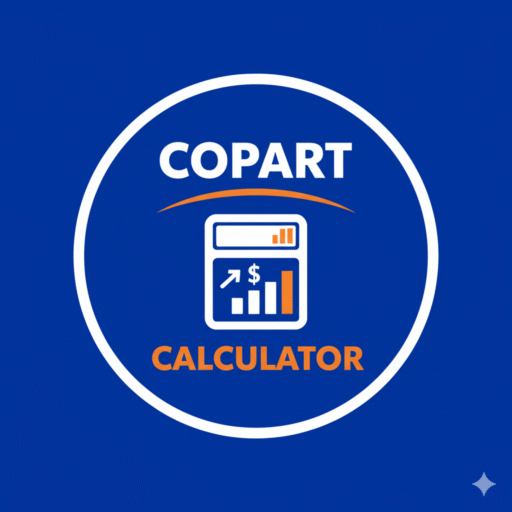If you’re new to Copart or buying vehicles without a dealer license, you’ve probably wondered: Do I need a broker to bid at Copart? Understanding the broker’s role, the rules that require one, and how broker fees affect your final cost is crucial for a smooth, cost-effective buying experience.
When Do You Need a Broker at Copart?
- State & Lot Restrictions: Many Copart vehicles—especially salvage or clean-title vehicles in certain states—require a dealer’s license to bid.
- No License? If you don’t have the correct license, you must use a registered Copart broker to place your bids on restricted lots.
- Public Auctions: Some Copart auctions are open to all buyers, but always check the listing—rules vary by location and vehicle type.
Tip: Use Copart’s lot filters or check the listing details to see if a broker is mandatory for your vehicle of interest.
How Broker Fees Affect Your Total Cost
Broker fees are usually charged on top of Copart’s standard buyer fees, gate fees, sales tax, and other charges. Here’s how these fees typically layer up:
**Total Cost = Winning Bid
- Copart Buyer’s Premium
- Gate & Environmental Fees
- Virtual Bid Fees (if applicable)
- Payment Processing Fees
- State Sales Tax
- Broker Fee
- Storage Fees (if any)
Before deciding on a broker, check out our guide on Broker vs Direct Bidding at Copart to understand your options.
Example: Broker Fee Breakdown
Suppose you’re bidding on a $5,000 vehicle as a non-licensed buyer:
| Fee Type | Example Amount |
|---|---|
| Winning Bid | $5,000 |
| Buyer’s Premium (10%) | $500 |
| Gate & Environmental | $120 |
| Broker Fee (flat) | $400 |
| Sales Tax (6%) | $315 |
| Subtotal | $6,335 |
Numbers are illustrative. For an accurate breakdown, use our Copart Fee Calculator and Broker Fee Calculator.
Pros and Cons of Using a Broker
Pros:
- Access: Brokers let you bid on vehicles and in states where you don’t have the required license.
- Convenience: Many brokers handle paperwork, title transfers, and sometimes even shipping.
- Speed: Faster access to lots you’d otherwise not be able to buy from.
Cons:
- Extra Cost: Broker fees are added on top of all Copart and state fees, increasing your total outlay.
- Limited Control: You rely on the broker’s process for bidding, payment, and paperwork.
- Fee Structure: Some brokers charge a flat fee; others a percentage. For low-priced vehicles, a flat fee can be a big percentage of your total cost.
For tips on budgeting, read why reverse budgeting matters for Copart bidders to stay on track financially.
When Is a Broker Worth It?
- Occasional Buyers: If you buy once or twice a year, using a broker can be cheaper and faster than getting licensed.
- Lower-Priced Vehicles: Broker fees can be significant as a percentage of your total. Always compare costs before bidding.
- Frequent Buyers: If you buy often or at higher price points, consider getting your own license to save on recurring broker fees.
Tip: Use our auction fee tool to compare the total cost with and without a broker. For broker-specific costs, try our Broker Fee Calculator.
How to Choose a Good Broker
- Transparency: Look for brokers who clearly list all their fees up front.
- Service: Check if they offer help with titles, paperwork, and transport.
- Reputation: Read reviews and confirm their registration with Copart.
- Support: Good brokers provide responsive customer service, especially if issues arise.
Frequently Asked Questions
Do all vehicles at Copart require a broker?
No. Some vehicles are open to all buyers, but many—especially salvage or certain clean-title lots—require a licensed broker if you don’t have your own dealer license.
Are broker fees negotiable?
Most are fixed, but some brokers offer discounts for frequent buyers or higher bid amounts.
How do I know if I need a broker for a specific lot?
Check the vehicle’s listing on Copart. If “Broker Required” appears, you’ll need one.

Martinez is the creator of CopartCalculator.com, a trusted resource for estimating fees and costs when buying vehicles from Copart auctions. With a focus on accuracy and ease of use, Martinez develops tools and content that help users make informed decisions and avoid hidden surprises. His mission is to simplify complex calculations and save buyers time and money throughout the auction process.
